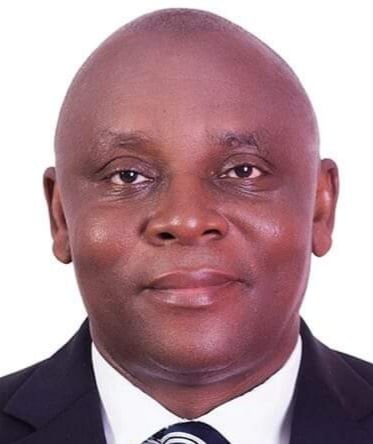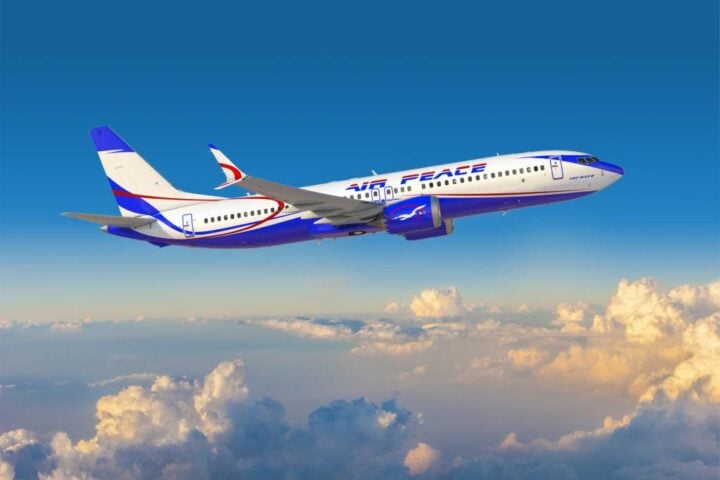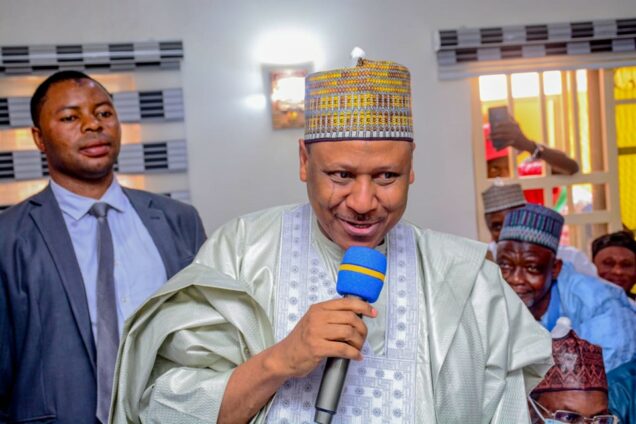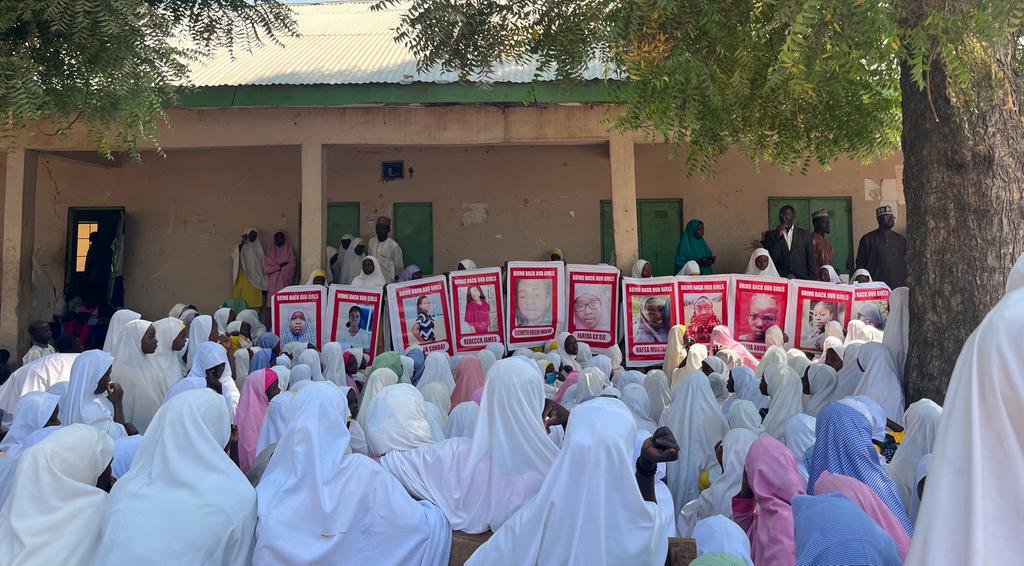The maiden flight of Air Peace Airlines to London over the Easter weekend is a perfect moment to discuss an important aspect of our aviation sector which has been on my mind for a long time. Why can’t the federal government enter into some agreement with Air Peace and officially designate the airline as our national flag carrier? Note that in aviation, a flag carrier is different from a national carrier. This question became quite pertinent after the Hadi Sirika fiasco last year in which the former aviation minister tried but failed to float a national carrier.
While a flag carrier is basically a privately-owned airline (or shipping line) flying the flag of its country on international operations and may enjoy certain privileges, a national carrier is owned and operated by the national government and they usually have certain sovereign advantages. As we all know, British Airways (BA) is not owned by the British government; neither are the many US carriers that bear US colours and flags.
Since the liquidation of Nigeria Airways in 2003, it’s been so difficult for the government to float a replacement. In 2004, the Virgin Group, owned by British billionaire Richard Branson, established a Nigerian subsidiary known as Virgin Nigeria – a joint venture between Nigerian investors and the Virgin Group. The deal was facilitated by the Olusegun Obasanjo administration. But Branson soon pulled out of the deal and the company collapsed after a few years in business. Branson explained later that he had to quit because Nigerian officials were pestering him for bribes. The airline was then renamed Eagle Airlines and later Air Nigeria. The business ultimately ceased operations in 2012.
Over a decade later, the idea of a national carrier still remains a national fascination, but the government has neither the appetite nor the resources to invest in such a venture, especially given the pervasive corruption and the ineptitude of our bureaucrats. When Sirika, a retired pilot, arrived on the scene as aviation minister in 2015, he resuscitated the idea, but could not pull it through.
Advertisement
A truly branded flag carrier will make up for the absence of a national airline. If Air Peace becomes our flag carrier, its planes (especially those on international routes) would bear our national colours and flag and ‘’NIGERIA’’ would be prominently emblazoned on it as part of its livery. It will project our national brand and unique Nigerian attributes, culture including cuisines and hospitality to many parts of the world. That’s why flag carriers are sometimes referred to as “embassy on wings”.
Already, Air Peace has promised to serve Nigerian cuisines on its London route and it was also heartwarming seeing those beautiful air hostesses dressed in “ishiagu” designs. In return, Air Peace will enjoy enhanced customer loyalty as passengers usually prefer their flag carriers out of a sense of national pride. The government will also provide the airline with many incentives such as official assistance to develop more international routes in accordance with our bilateral air services agreement (BASA) and support in aircraft acquisitions.
Air Peace could also access FX at the official rate. I should emphasise that such partnership with the government does not imply that the government has assumed any proprietorship or ownership rights on the airline; and so, government officials will not interfere in the management of the airline and shall not seek to make any appointment into its board or management or demand for free or concessionary tickets.
Advertisement
Air Peace has shown considerable resilience and determination to succeed in the face of huge challenges. It therefore deserves to be supported by Nigerians and the government. With over 50 aircraft, 30 destinations and 5,000 employees, it is Nigeria’s biggest carrier, serving major cities in the country and flying to many African countries and the Middle East.
Coming in the 11th year of the company’s existence, the London route is a marvellous attainment for a privately owned African airline. London is the airline’s seventh international destination and it “signals our entry into the European market,” according to Chairman Allen Onyema. New York and Houston routes are also coming. The London operations would be carried out with Boeing 777 and Boeing 787 Dreamliner aircraft. It would be operating daily flights to the Southern Terminal of Gatwick Airport, with fares far cheaper than what competition was offering. The inaugural flight with 260 passengers took place seven years after the last indigenous airline, Medview, operated this very lucrative international route.
The immediate impact of Air Peace’s entry into the Lagos-London route is the drastic fall in airfares charged by other international carriers. They were forced to reduce fares from N4 million to between N1.8m and N1.9m, compared to Air Peace’s N1.2 m for economy. Besides, these foreign airlines were also piling pressure on the CBN to sell them FX at discounted rates. The UK has 21 weekly slots in Nigeria with BA alone operating 14.
In a recent TV interview, Chairman Onyema acknowledges that his airline and other Nigerian-owned international carriers are automatically regarded as flag carriers. This is not enough. Those aircraft must be appropriately branded. He also listed the many challenges which Air Peace has been facing both within and outside Nigeria in the course of applying for the London route. The Nigerian government must do everything to ensure that Air Peace succeeds.
Advertisement
Views expressed by contributors are strictly personal and not of TheCable.
Add a comment







